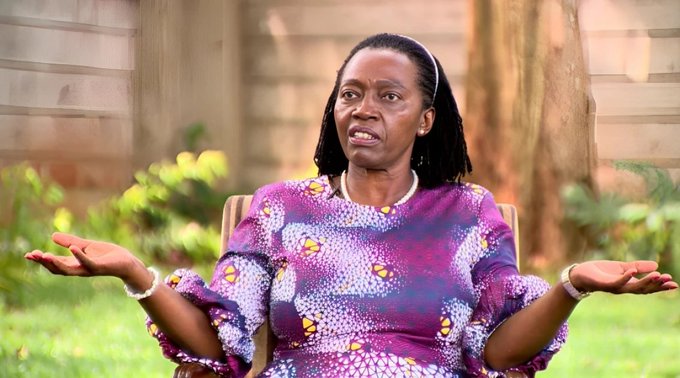The Uganda Law Council has declined to grant a practicing license to Kenyan lawyer Martha Karua Wangari, who sought to represent Dr. Kizza Besigye in a controversial case before the Makindye General Court Martial.
Dr. Besigye is charged with illegal possession of ammunition and a firearm in Kenya.
In a letter dated December 6th, the Council stated that Karua’s application was not compliant with the amended Advocates Act, Chapter 295, and faulted her for not adhering to the updated requirements.
It noted, “The application was not brought under the current Advocates Act, and the advocate was not properly advised about the amendment to the Act.” The Council also criticized Lord Mayor Erias Lukwago for using a Kampala Capital City Authority (KCCA) email, saying, “It is unethical for a public officer to execute both professional and political work using a public resource.”
It further observed that Karua’s participation in the case appeared politically motivated rather than professional, particularly in a case it described as “controversial to two East African Community states.” The Council highlighted that Dr. Besigye already has a team of over 30 advocates, and there was no indication that Karua would add unique expertise unavailable in Uganda.
Speaking at a press conference at City Hall in Kampala, Martha Karua expressed her disappointment with the decision, stating that the accused has the right to choose their legal representation.
Karua criticized the Council for dismissing her application over incomplete documents instead of asking for the missing information. She added, “Regarding whether I bring any special skills, it is not for the Law Council to decide but for the accused to determine.”
Lord Mayor Erias Lukwago emphasized that Dr. Besigye had explicitly chosen Karua as lead counsel.
He stated that they will address the Council’s concerns and take legal action to challenge the decision.
The press conference also featured Mangareth Nangacovie, a human rights lawyer from Angola, who voiced her disapproval of trying civilians in military courts.
She described the practice as part of broader governance challenges in Africa and expressed solidarity with Dr. Besigye.
Despite the Council’s decision, Karua vowed to attend Dr. Besigye’s court appearance in her robes, affirming her commitment to justice and solidarity.
She said she would support the defense team in any capacity, even if not as the lead lawyer.
END

